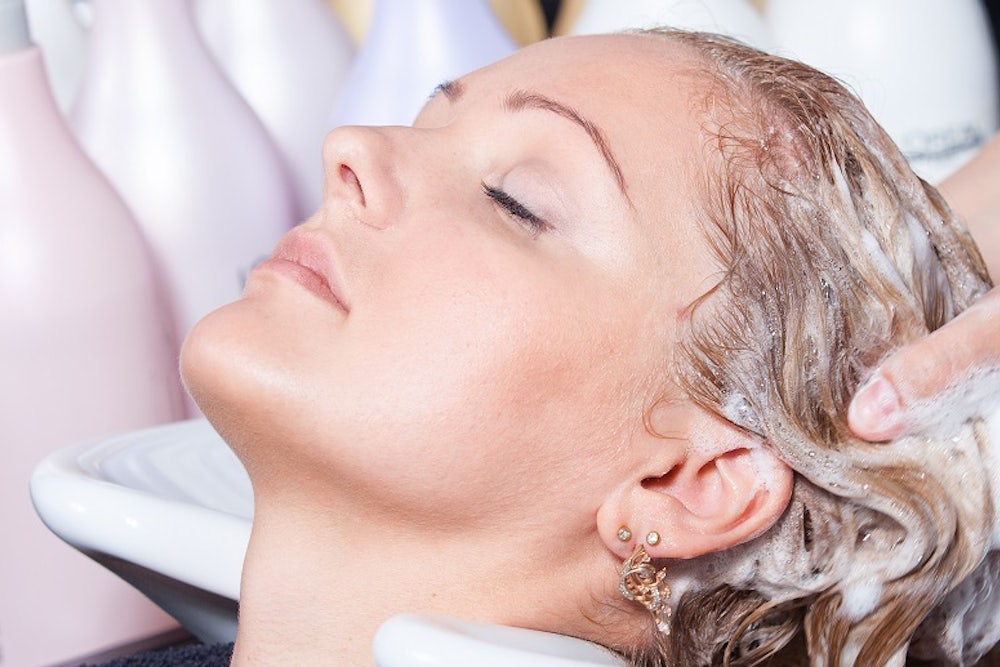Throughout the country, state and local regulations require Americans to spend hundreds or thousands of dollars and countless hours on training to get licensed in their professional field of choice. Sometimes, these rules may make sense. We entrust doctors to advise us on the correct procedures and medicine, expertise that takes years of training and costs a lot of money. We can argue whether medical school should cost as much as it does—one reason health care is so expensive is that we pay doctors a lot, enough to cover their initial investment—but the purpose of the licensing doctors is clear.
But why does a manicurist need thousands of hours of training? All 50 states require manicurists to licensed. Same goes for barbers, cosmetologists, and skin care specialists. Thirty-six states require a license to be a make-up artist, thirty-three to be an auctioneer, and five to be a "shampooer." Louisiana even requires florists to be licensed.
On Monday, I argued that the Republicans' deregulatory agenda should focus on occupational licensing, as well as housing policies and copyright law, rather than on Obamacare and the EPA. Sure enough, House Majority Leader Eric Cantor announced on Thursday that he’s going to ask governors around the country about their licensing practices. (Thanks for reading, Eric!)
“I think on average across the country it's 372 days to become a licensed cosmetologist. But if you look at a position like an emergency medical technician, it's only 33 days required,” Cantor said at the American Enterprise Institute, where reform conservatives unveiled their new agenda. “Most people who don't have the higher education degree, they really deserve us to exert extra effort to tear down these barriers.”
He's right. We don’t need occupational licensing laws to protect us against manicurists, barbers, or makeup artists. If you get a bad haircut, find a new barber. The free market will take care of the rest: Bad barbers will go out of business, good ones will thrive. If you’re already barber, particularly a bad barber, you probably like occupational licensing regulations. They create a barrier to entry in the industry, protecting you from new competition who could drive you out of business. Government should not protect incumbent barbers at the expense of the rest of America, but that’s exactly what it’s doing.
Cantor helped organize a House subcommittee hearing in March where the chairman, Richard Hanna, and ranking member, Grace Meng, agreed that occupational licensing deserves greater scrutiny. But they were unsure about how Congress should proceed without infringing on states' rights. Cantor has a potential solution. “What I hope is in the House is we're going to move on that front,” he said. “I intend to reach out to the governors around the country and to do an inventory about what their licensing practices are about… The problem is the federal government is funding training programs that actually help those licensing regimes grow. We need to stop that. The incentives are wrong.”
Some job training programs, for instance, help unemployed Americans fulfill occupational licensing requirements that shouldn’t exist in the first place. Congress could instead tie the money to reducing these regulations. Democrats should also join forces with Cantor in publicizing these flawed rules. The regulations may need to change at the state level, but the national parties can draw media attention to the issue and pressure statehouses to take action. In a year when Congress has just about given up on passing meaningful legislation, a wave of reductions in occupational licensing requirements would be a big victory.
Manicurists of the world, unite!
Image via Shutterstock.
